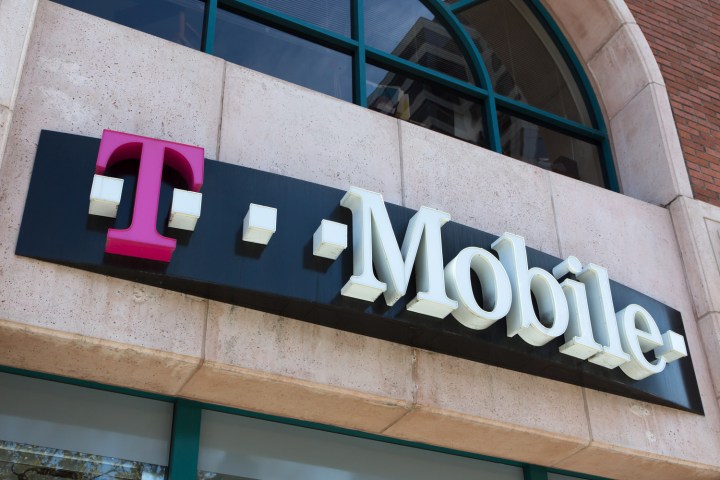
The change in policy, which Android Central uncovered in an internal T-Mobile memo and later confirmed with a carrier spokesperson, follows the carrier’s decision earlier this year to boost its fair usage threshold from around 20GB to 32GB. T-Mobile says it adjusts the limits every three months to account for “changes in customers’ data habits.”
“50GB of data usage means a T-Mobile customer is basically the top 1% of data users,” Neville Ray, T-Mobile’s chief technology officer, wrote in a blog post. “To put it in context, you could stream a full 2 hours of Netflix every single day – that’s 30 SD movies – and never even reach that point.”
T-Mobile’s fair usage threshold — also known as a “deprioritization” threshold — punishes the network’s heaviest data users by reducing their speeds in favor of others. It’s not intended to be unilateral — T-Mobile says it affects the top 3 percent of data users on the network. Instead, the limits kick in only when targeted users are connected to a cell tower “in high demand” and have already surpassed the threshold, T-Mobile says, and lifts at the start of the next billing cycle.
T-Mobile isn’t the only carrier that imposes usage limits on unlimited customers. Verizon (22GB), AT&T (22GB), and Sprint (23GB) have their own usage thresholds, which they, like T-Mobile, say are necessary to “manage network usage” and “ensure a quality experience for all customers.”
There might be something to those claims. T-Mobile says that data usage on its network has “skyrocketed” more than 50 percent, and OpenSignal report found that carriers experienced a decline in 4G speeds after reintroducing unlimited data plans.
“The most likely explanation for this sudden drop in average speeds compared to peak speeds is that [networks are] experiencing more congestion due to its new unlimited plans,” OpenSignal wrote in August. “By opening up the data spigot, customers start consuming more data more often, forcing them to vie against one another for more capacity on each cell site, [and the] more data demand there is on a network, the more average speeds will drop, regardless of the network’s technological capabilities.”
The United States Federal Communications Commission (FCC) has generally given carriers broad leeway in implementing network management strategies like deprioritization, but only to a point. In 2015, the agency accused AT&T of misleading customers about “unlimited” data and proposed a $100 million fine, prompting the carrier to boost its threshold cap from 5GB to 22GB. And in 2016, the T-Mobile agreed to pay the FCC $48 million for slowing down all subscribers’ connection speeds when they exceeded an arbitrary monthly threshold.
Updated: Added official statement from T-Mobile.


